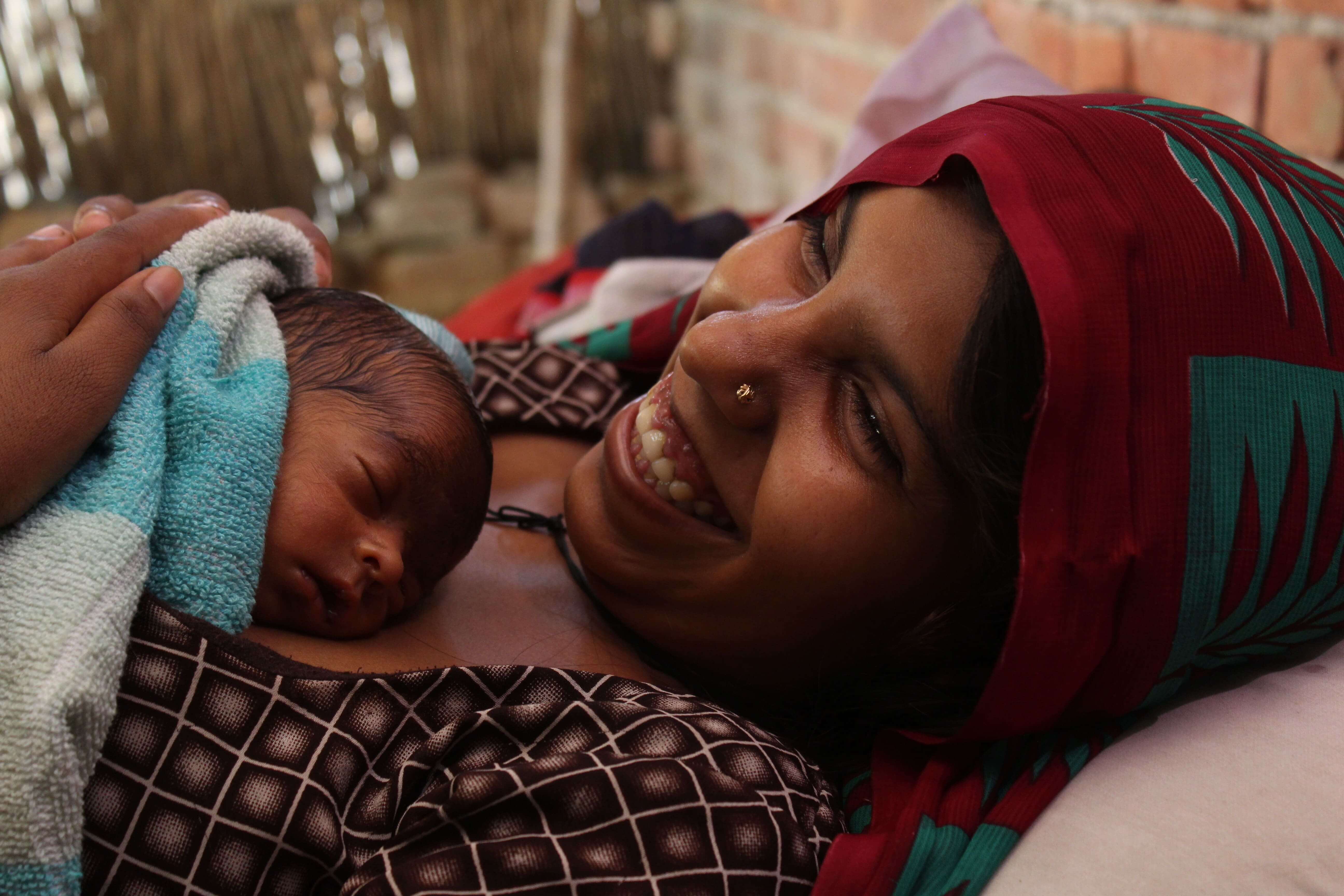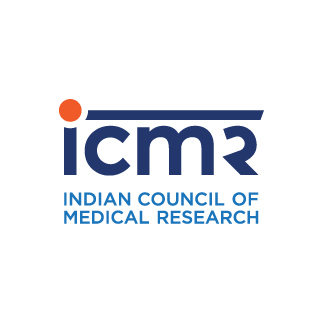
Our Organization - The Community Empowerment Lab (CEL), has for the last 20 years dedicated ourselves to research in understanding the issue of newborn survival and designing scalable solutions to end preventable deaths in mothers and newborns. UP accounts for about 170,000 newborn deaths each year and a substantial 70% of these can be prevented with very simple interventions without the need for intensive clinical care.
Low birth weight babies account for less than one-third of all births, but more than two-thirds of all deaths, and therefore, need special care. Kangaroo Mother Care (KMC) is the most powerful intervention for reducing deaths in low birth weight infants, and involves continuous skin-to-skin contact of the baby with the mother (or other caregiver) along with exclusive breastmilk feeding and other supportive care. As per the latest scientific review, low birth weight infants receiving KMC had a 40% lower risk of dying than those kept in radiant warmers. Based on these findings from rigorous scientific studies, all UN countries, including India, have prioritized KMC for low birth weight infants, and have set a target for achieving 90% coverage of KMC in all low birth-weight infants by 2030. Dr. Vishwajeet Kumar from CEL serves on the global and national KMC acceleration committees, and CEL is currently supporting the UP government in achieving universal coverage of KMC much earlier than the global timelines in order to accelerate the reduction in our neonatal mortality rates.
The existing model for ensuring high coverage and quality of KMC in UP is based on an implementation research study that we conducted in partnership with the health system, and in collaboration with the World Health Organization. It involves establishing a “KMC chain” for all low birth weight infants, to ensure that they receive continuous KMC across all places of care including the labour room, SNCU, MNCU/KMC Lounge, postnatal/ post-operative care wards, during transport and at home post-discharge. WHO recommends that KMC should ideally be initiated within facilities, such that these vulnerable infants are initially monitored under the supervision of trained nurses and doctors until they are on an improvement trajectory. During this time, mothers and families can be appropriately trained in the optimal care of their low birth weight infants such that they can continue the practices at home for prolonged periods.
In order to facilitate the optimal care of low birth weight newborns within facilities, CEL has designed the KMC Lounge which received the national best practice award in 2017. However, this service was only available at district hospitals and FRUs. Then in 2018, the Mission Director of National Health Mission, Govt. of India, Shri. Manoj Jhalani, extended SNCU to a larger space to allow the co-residence of mothers of sick babies and provision of KMC. Thus, KMC lounges were upgraded to MNCUs and scaled up by the UP government in 298 facilities across 72 districts. The MNCU is a comfortable, temperature-controlled, safe space to enable mothers to stay in facilities along with their low birth weight infants for prolonged periods and provide long-duration skin-to-skin contact in privacy. A KMC app to support the workflow of nurses and ensure high-quality KMC in MNCUs has also been deployed in 254 of these facilities thus far.
For More Information and to explore ways in which to partner with us in this transformative journey write to info@celworld.org




